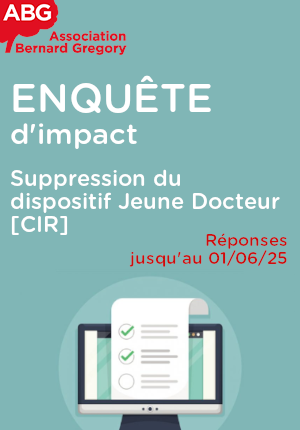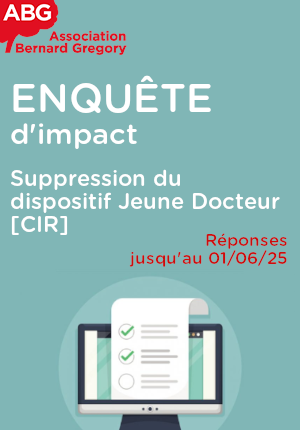Miniaturized fluidized bed for the efficient capture of pathogens
| ABG-131761 | Thesis topic | |
| 2025-05-07 | Public/private mixed funding |
- Biology
Topic description
Context of the project:
Sepsis is a generalized, inappropriate immune response to the presence of microorganisms in the blood. This condition is a major public health problem, accounting for over 11 million deaths worldwide every year. One of the reasons for this high mortality rate is the difficulty in rapidly identifying the pathogen at the origin of BSI, thus delaying the rapid administration of appropriate treatment.
This PhD project, in conjunction with the IHU PROMETHEUS, focuses on the development of miniaturized fluidized beds to concentrate blood biomarkers of sepsis, present in trace amounts in biological matrices. This method, based on the use of microfluidic technology, has the potential to replace lengthy blood culture methods, enabling rapid capture and subsequent identification of enriched targets. Thanks to their high flow rates, very large capture surface area and rapid exchange kinetics, the fluidized beds developed for nucleic acid capture will revolutionize the rapid diagnosis of BSI and prevent sepsis.
The LIFE project will be carried out through closed interactions between the LERI (immunoanalysis, in vitro diagnostics and rapid prototyping), and the LIONS (microfluidics, nanostructured materials and instrumentation) research groups, both located at the same site.
The recruited PhD candidate will benefit from the expertise of both teams and will be in charge of three axes during this project: 1) development and characterization of the miniaturized fluidized bed; 2) analysis of the system's performance with synthetic and bacterial DNA; 3) validation of the developed system with biological samples spiked with targeted blood biomarkers. This DNA analysis system will pave the way for microfluidic analysis of other sepsis biomarkers.
Job responsibilities: The selected candidate will:
- Design and fabricate microfluidic devices in clean room and using rapid prototyping tools.
- Set up and optimize novel surface chemistry procedures on different substrates for target binding.
- Implement molecular biology tools and immunoassays to evaluate the performances of miniaturized device.
- Take an active role in the presentation and publication of research results.
- Be capable of working in a Level 2 biosafety laboratory.
Funding category
Funding further details
Presentation of host institution and host laboratory
The Immunoanalysis Studies and Research Laboratory is located at the CEA, a major player in the field of research. For many years, the laboratory's activity has been based on the development of ELISA (enzyme-linked immunosorbent assays) and “strip” (chromatographic immunosorbent assays) rapid diagnostic tests in the fields of infectious diseases, personalized medicine and biodefense. LERI has expertise in the production, selection and characterization of the monoclonal antibodies needed to develop and market these tests.
Candidate's profile
Candidate profile:
We are looking for outstanding candidates with the following skills: - A Masters or Engineering degree in microfluidics, biotechnology or biochemistry - Previous experience in molecular biology or microbiology will be highly appreciated - Real motivation and ability to work in collaboration across disciplines and autonomously - Fluent English, both spoken and written
Vous avez déjà un compte ?
Nouvel utilisateur ?
Get ABG’s monthly newsletters including news, job offers, grants & fellowships and a selection of relevant events…
Discover our members
 ANRT
ANRT  Généthon
Généthon  ONERA - The French Aerospace Lab
ONERA - The French Aerospace Lab  Tecknowmetrix
Tecknowmetrix  CASDEN
CASDEN  PhDOOC
PhDOOC  SUEZ
SUEZ  MabDesign
MabDesign  ADEME
ADEME  Nokia Bell Labs France
Nokia Bell Labs France  Laboratoire National de Métrologie et d'Essais - LNE
Laboratoire National de Métrologie et d'Essais - LNE  Groupe AFNOR - Association française de normalisation
Groupe AFNOR - Association française de normalisation  MabDesign
MabDesign  ASNR - Autorité de sûreté nucléaire et de radioprotection - Siège
ASNR - Autorité de sûreté nucléaire et de radioprotection - Siège  Institut Sup'biotech de Paris
Institut Sup'biotech de Paris  TotalEnergies
TotalEnergies  Ifremer
Ifremer  CESI
CESI  Aérocentre, Pôle d'excellence régional
Aérocentre, Pôle d'excellence régional







